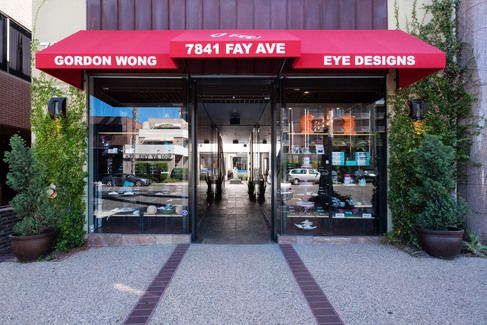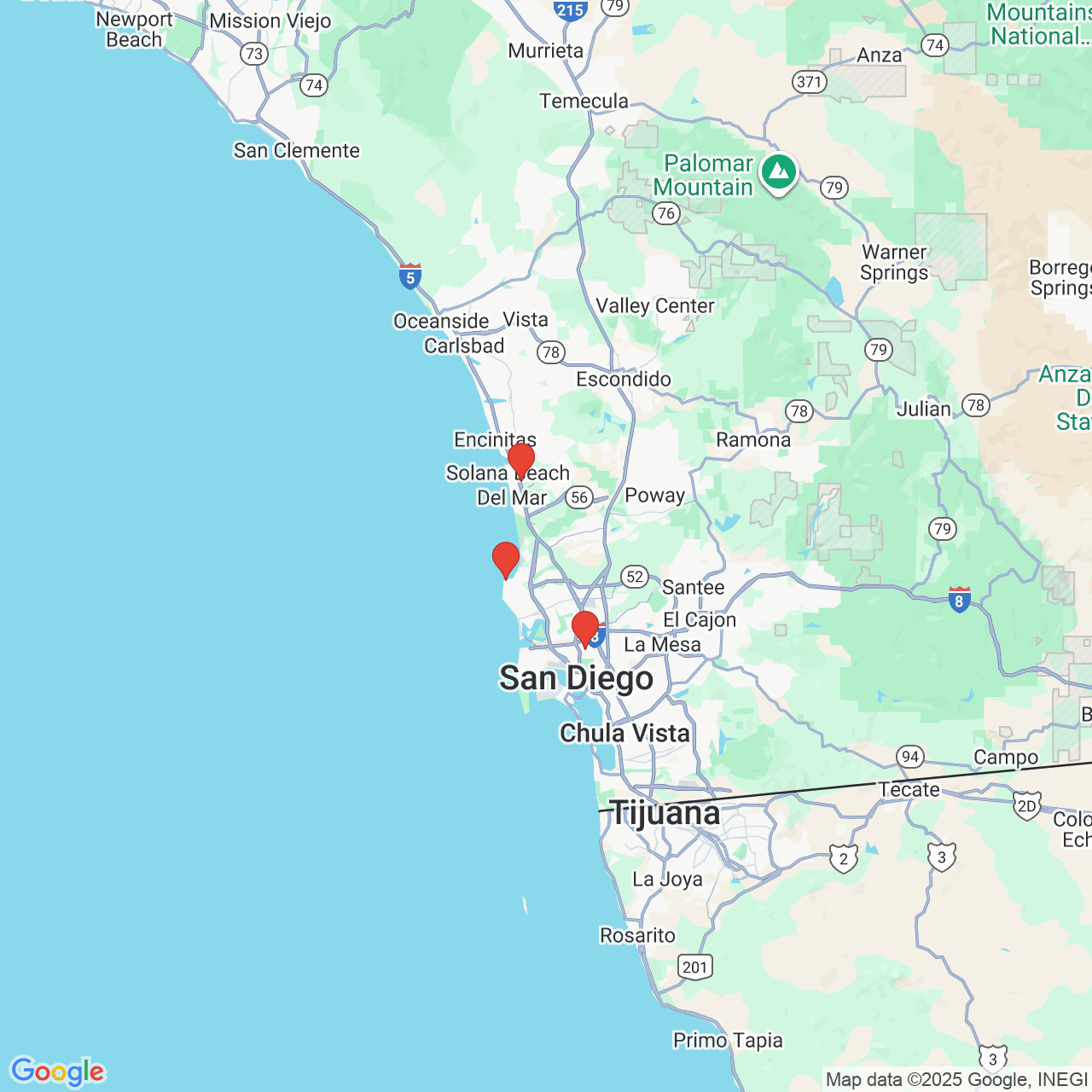What Are Some Eye Conditions That Affect Central Vision?
 Your vision is precious, which is why it's so important to protect it no matter your age. A number of people have asked our team of La Jolla vision doctors about eye conditions that impact eyesight and what can be done about them.
Your vision is precious, which is why it's so important to protect it no matter your age. A number of people have asked our team of La Jolla vision doctors about eye conditions that impact eyesight and what can be done about them.
Right now, we'd like to turn our attention to conditions that affect a person's central vision. We'll note some basics and provide information on common treatments.
Age-Related Macular Degeneration (AMD)
The macula is the central part of the retina. AMD is the leading cause of central vision loss in people who are 50 years old and older. There are two forms of AMD: dry (which is much more common) and wet. Both of these conditions cause the breakdown of the macula.
Treating Age-Related Macular Degeneration (AMD)
There are no treatments for dry AMD, unfortunately, but there are a number of ways that the condition can be kept under control. This includes the use of lutein and zeaxanthin supplements and improvements in a patient's lifestyle.
For cases of wet AMD, laser surgery can be used to help prevent further vision loss. Lifestyle improvements and use of lutein and zeaxanthin supplements can also help with managing wet AMD.
Diabetic Retinopathy
People who have suffered from diabetes for a long time run a risk of developing diabetic retinopathy. The condition results in the weakening of blood vessels in the retina, resulting in poor bloodflow to the eyes and the growth of weak blood vessels that leak. Both of these issues can lead to central vision loss.
Treating Diabetic Retinopathy
The best way to treat diabetic retinopathy is to have patients carefully monitor and manage their diabetes. Laser therapy may be considered if the condition is more advanced, though preventative care is most ideal if warning signs are caught early.
Macular Edema
Macular edema refers to a condition in which the macula becomes thicker or becomes swollen. The change in macular thickness affects its normal function, leading to a dip in vision quality and central vision loss.
Treating Macular Edema
The ideal treatment for macular edema tends to involve the use of anti-VEGF (vascular endothelial growth factor) drugs. These will help control the growth of abnormal blood vessels in the eye. Laser therapy may also be recommended depending on the nature of the condition.
Macular Pucker and Holes
Macular pucker occurs when parts of the macula become uneven, bumpy, or wrinkled. Macular holes are actual punctures in the macula itself. Both macular pucker and macular holes can lead to serious changes in central vision quality.
Treating Macular Pucker and Holes
Macular puckers may not need to be treated depending on the nature of the issue. Sometimes the pucker resolves on its own. For macular holes and serious issues with macular pucker, vitrectomy is the common approach to treatment.
Stargardt's Disease
Stargardt's disease is a form of macular degeneration that is inherited and leads to progressive vision loss. Rather than older individuals, this condition affects children. Stargardt's disease is rare, estimated to affect only 1 in 10,000 people.
Treating Stargardt's Disease
Sadly, Stargardt's disease has no known cure at the moment, though doctors and researchers are working to remedy the condition. Current options to manage Stargardt's disease include the use of dark glasses to protect the eyes and use of vitamin A supplements.
Learn More About Preserving Your Vision
For more information about addressing central vision loss and helping you see clearly, be sure to contact our experienced team of eye doctors and vision specialists today. We will help you address serious eyesight issues and work to prevent further loss of vision.


